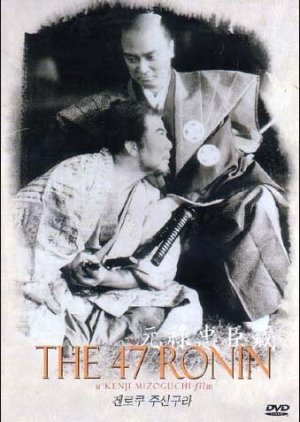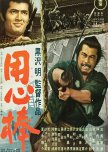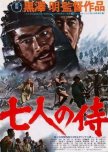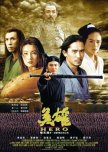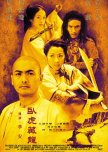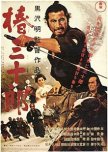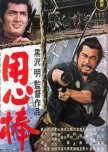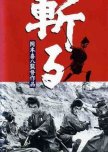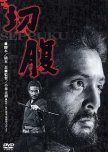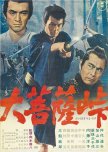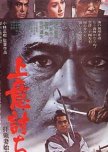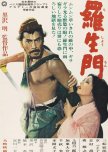
"A single drop of water has turned into a wave"
The 47 Ronin was not only based on a play but also inspired by a historical event on January 31, 1703. This film was shown in two parts, which makes writing a review difficult. It would be like watching the original Star Wars and the story stopping before they attacked the Death Star. The first part was almost two hours of introducing a plethora of characters and lots of waiting around while Councilor Oishi decides what the Ronin and vassals are going to do. Will they all commit seppuku? Attack the Shogun’s forces coming to evict everyone from the castle? Or will they seek revenge on the Lord who instigated the problem and escaped scot-free?Lord Asano attacks Lord Kira in the Shogun’s palace when the protocol expert repeatedly besmirches him. The price for his hotheaded action of drawing a sword where swords can’t be drawn is hara-kiri. The inspectors don’t believe he deserves the fate, in fact, he acted like a samurai should and Kira was the sniveling spineless samurai. Because of Kira’s political connections he’s released and aside from Asano losing his life, all of his properties are confiscated and his samurai become masterless Ronin. Councilor Oishi is slow and thorough, making sure the farmers and townspeople are taken care of while the Ronin are looking for blood. Theirs or the Shogun’s soldiers or Kira’s, they don’t particularly care. Oishi gains pledges from the remaining men, around 50, that they will abide by his decision. A year later, after a subterfuge plan finally comes to an end, Oishi can execute his heart’s desire. Roughly translated, “It’s go time!” and Lord Kira had better find a good hiding place.
Kawarasaki Chojuro as Oishi had to give the more nuanced role of a man whose decisions were repeatedly questioned by his subordinates. One wrong move meant disaster for all involved and more importantly they could not restore honor to the Asano family. At one point, he goes so far as to drive his wife away by carousing at the local pleasure house and refusing to see the anxious Ronin who are tired of waiting for revenge in order to sell his ruse. At this point there were so many characters introduced, the only other memorable ones were the initial investigator and an old friend.
When a film begins with “Defend the homes of those who fight for Greater Asia”, you know it’s probably a propaganda film or at least was expected to be one. It premiered one week before the attack on Pearl Harbor. While it was a call for loyalty, honor, and self-sacrifice for soldiers and citizens, Mizoguchi Kenji also included the Ronin questioning authority and acting on their own beliefs and willing to accept the consequences for those actions.
As a piece of art, the film was interesting if too long. I felt much like the impulsive Yasubei who was tired of sitting around and not knowing what Oishi’s ultimate plan was. Let’s go take this jerk down. But Oishi was a strategist who not only wanted to avenge his lord by killing Kira, he wanted to stand up to the Shogunate and expose favoritism and unfairness. It didn’t help that his plan was nearly derailed by well meaning allies. “Water will always drip from cupped hands.”
Part One was well made, it was Mizoguchi after all, but it began to feel like death by PowerPoint. Like Oishi and the other Ronin, I’m ready for the vengeance to begin and justice, if not prevail, at least not be completely denied.
“Even more than cherry blossoms
Scattered by the breeze
Memories of the passing spring
Bring unbearable regret”
18 March 2024
Was this review helpful to you?

